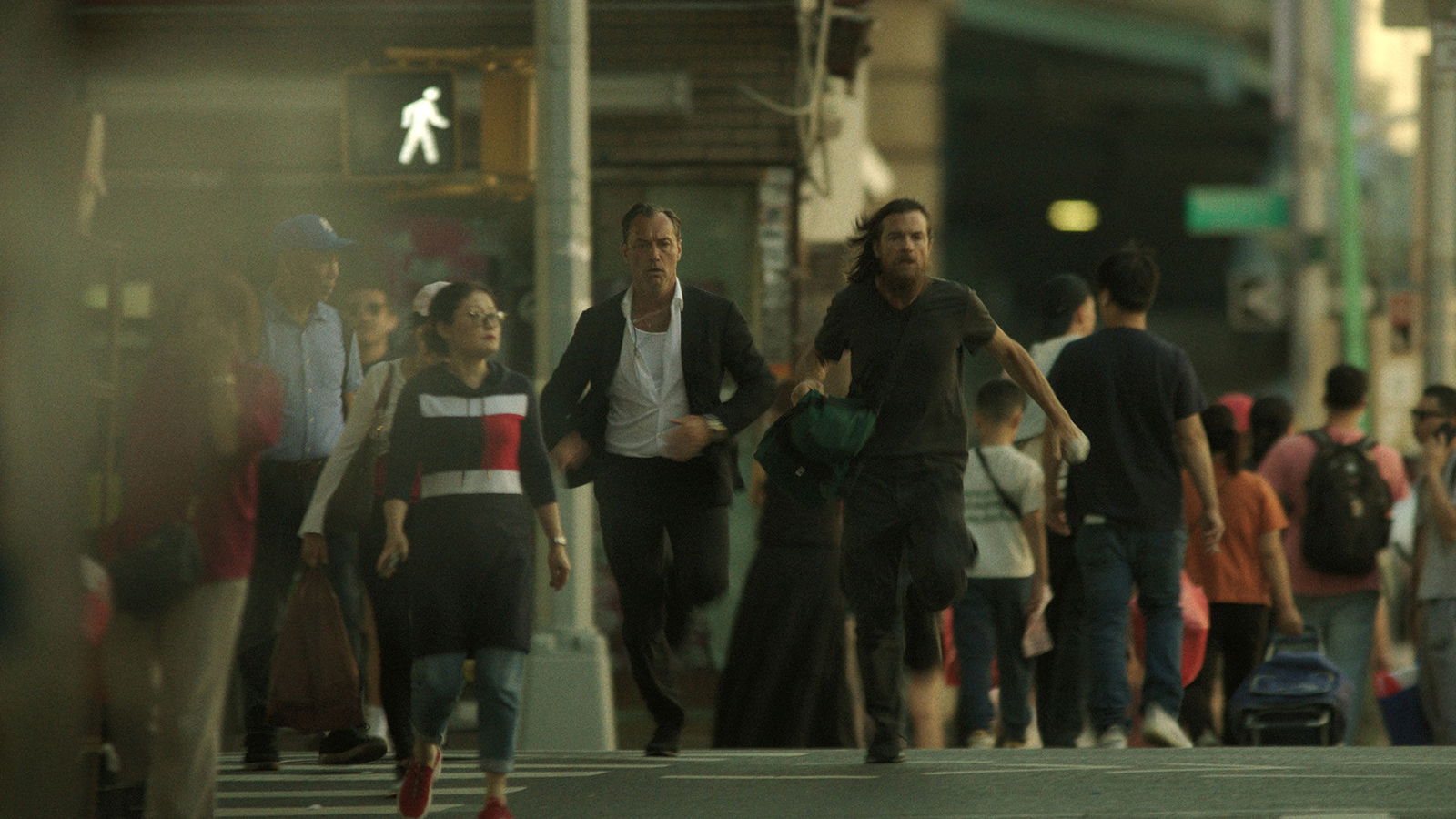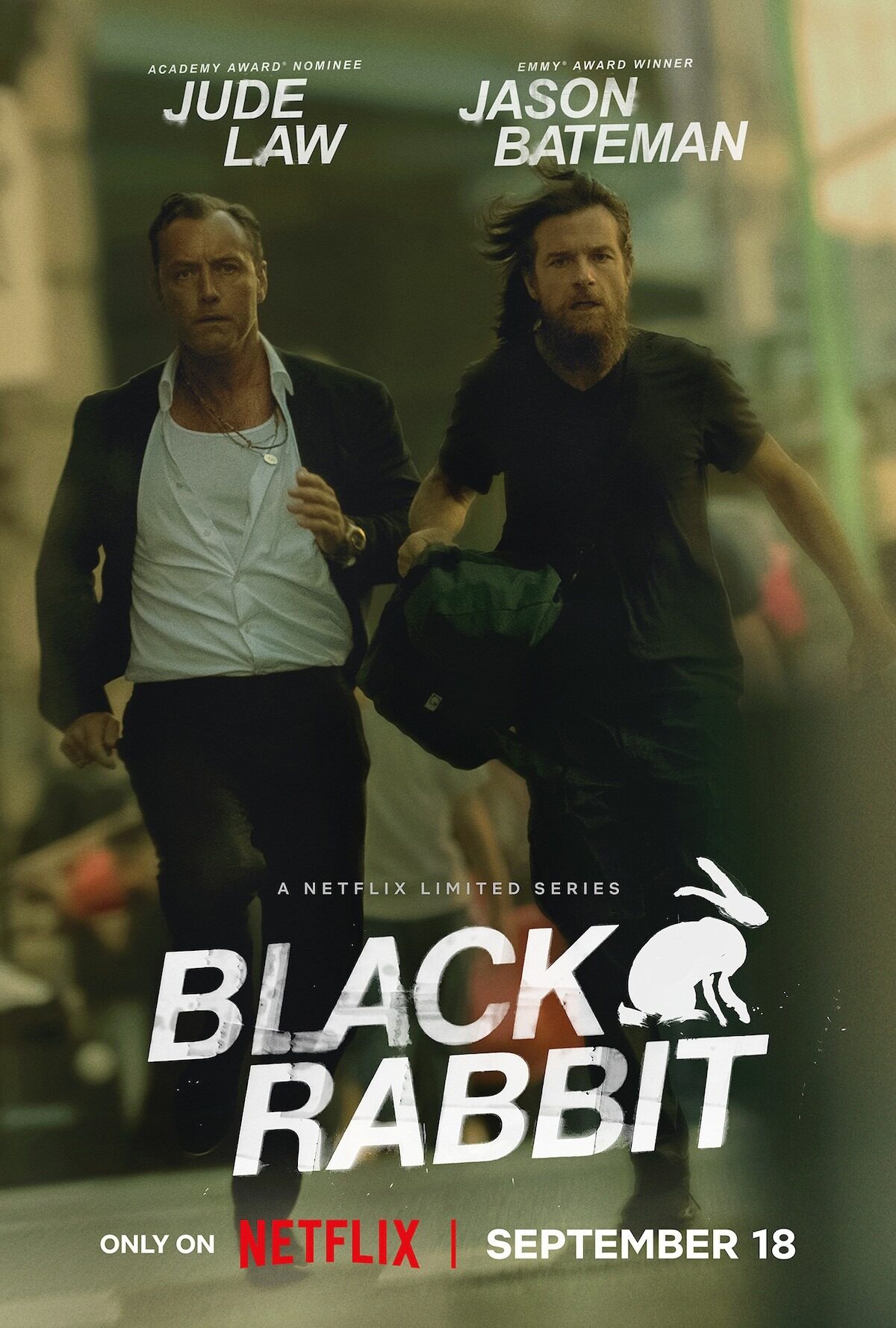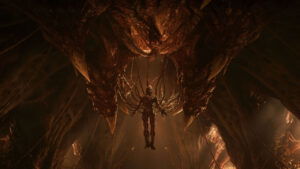I have a confession: I love a good dark family drama. I really enjoyed Netflix’s Ozark, so when I heard we were getting another story in that vein — and it would feature Jason Bateman and Jude Law — I was on board. Now that I have seen the series, I am a bit mixed. There is a lot to admire about Black Rabbit, but this eight-episode limited series struggles to find its own identity in familiar territory, and it meanders enough that it does not hit as hard as it could have.
Created by Zach Baylin and Kate Susman, the show follows Jake Friedkin, a rising restaurateur played by Law, whose carefully constructed world crumbles when his gambling-addicted brother Vince, portrayed by Bateman, returns to New York with dangerous debts and violent creditors in tow.
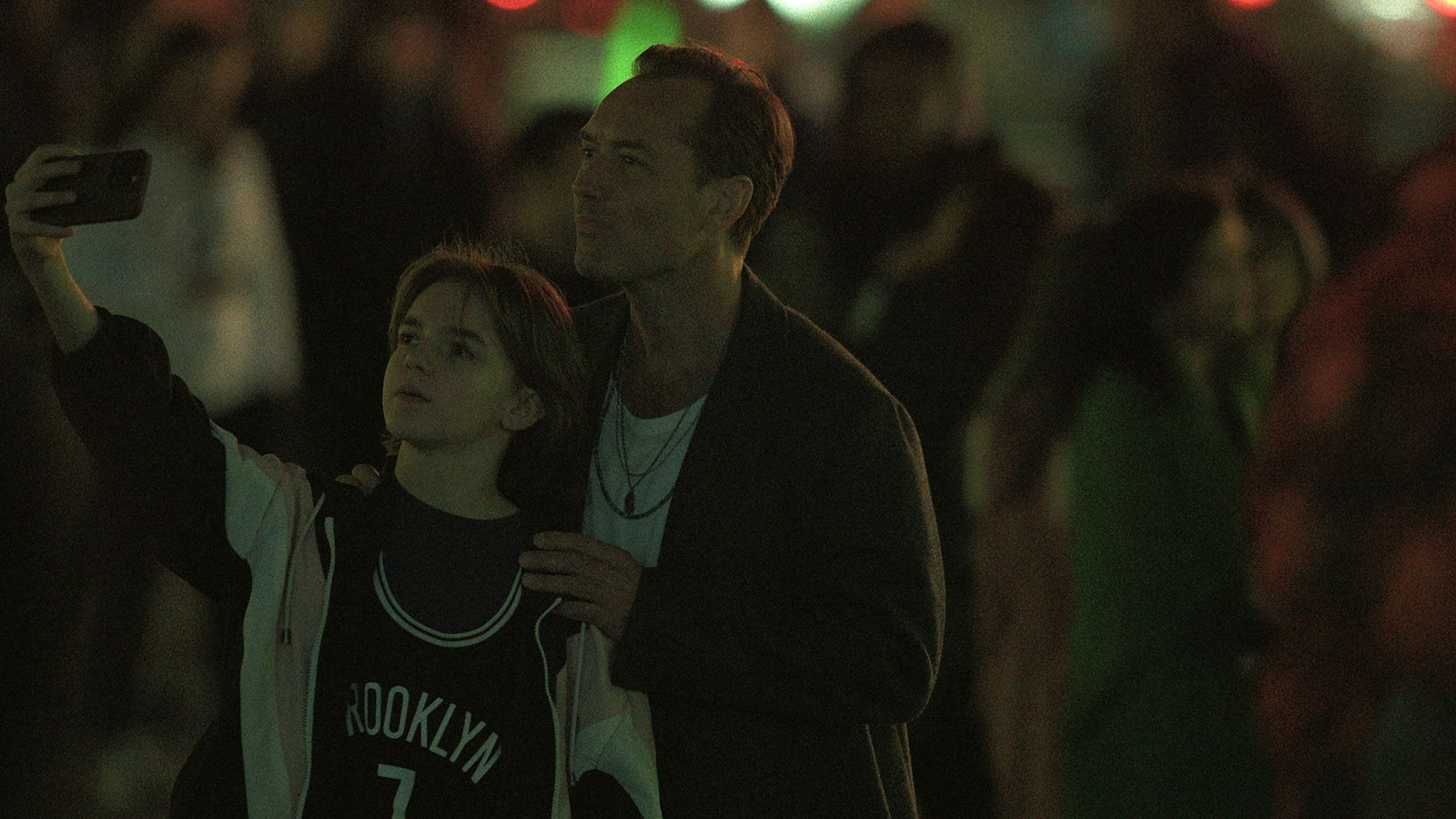
Beginning in medias res, the series opens with a suspicious heist at Jake’s upscale Manhattan restaurant, also named Black Rabbit, before rewinding one month to reveal the events that led to the violent confrontation. Jake is working to make a name for himself, running a successful establishment while dreaming of expansion, but Vince’s unexpected return from Reno brings chaos and criminal entanglements that threaten everything Jake has built. The premise establishes strong stakes as the brothers navigate their toxic yet unbreakable bond while facing escalating threats from loan sharks led by crime boss Joe Mancuso. It is a fantastic setup, and from the first episode, I was hooked. Sadly, the concept begins to wear thin as the series progresses.
“Black Rabbit inevitably invites comparisons to The Bear while still establishing its own atmosphere of high-stakes hospitality.”
Law delivers a complex performance as Jake, portraying a man whose surface-level success hides deeper vulnerabilities and moral compromises. His American accent occasionally wavers (and when it does, you notice), but his chemistry with the ensemble cast — particularly Amaka Okafor as head chef Roxie and Sope Dirisu as business partner Wes — creates authentic workplace dynamics that ground the series early on. Bateman, who also directs several episodes, brings his trademark mix of charm and desperation to Vince. However, the character’s actions often test audience sympathy as his reckless choices endanger everyone around him. It is a strong role for Bateman, and the stress he carries is palpable in every scene.
Not all the major story beats landed for me, but the restaurant setting provided a compelling backdrop for the unfolding drama. Black Rabbit inevitably invites comparisons to The Bear while still establishing its own atmosphere of high-stakes hospitality. Some of the best moments in the series occur when the show delves into the restaurant dynamic and how each character fits into that world. The series also tackles themes of workplace toxicity and power dynamics through storylines involving sexual assault and cover-ups, adding layers of moral complexity to Jake’s character as he prioritizes business reputation over employee safety.
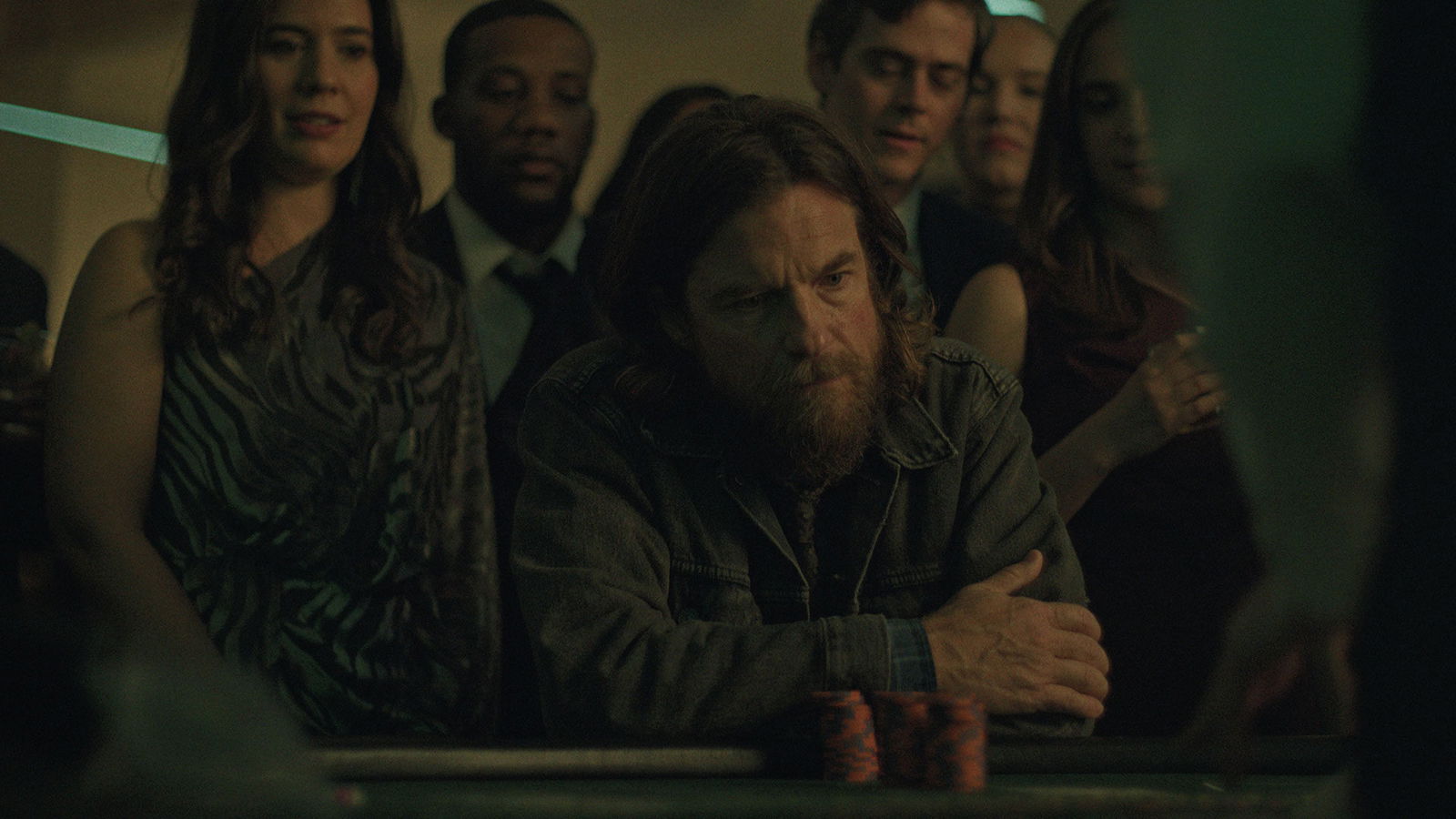
These elements build genuine tension as viewers watch Jake’s gradual moral deterioration while still maintaining sympathy for his desperate circumstances. That said, this is primarily a show about the brotherly dynamic and the struggles that brings. While the chemistry between Bateman and Law is strong, it sometimes overshadows Black Rabbit’s broader cast of characters, and the series suffers for it.
The biggest issue for me is one I find with many Netflix shows: Black Rabbit suffers from pacing problems, with the middle episodes dragging considerably before the final act delivers the promised thrills. It is clear Baylin has a background in feature films, which shows as the series struggles to sustain momentum across eight hours, forfeiting the brevity that might have served the story better. If the show had trimmed some of the fat — even cutting one of the eight episodes — the flow would have improved, and Black Rabbit might have avoided the frustration of feeling like it goes nowhere by the halfway mark.
As much as I appreciated some of the visuals, the overall presentation leaves something to be desired. There are striking shots that capture the scale of the locations and convey how characters feel overwhelmed or confined. However, the often murky cinematography and awkward camera angles obscure rather than enhance the action. These problems do not occur in every scene, but when they do, they pull you out of the story as you struggle to make sense of what is happening.
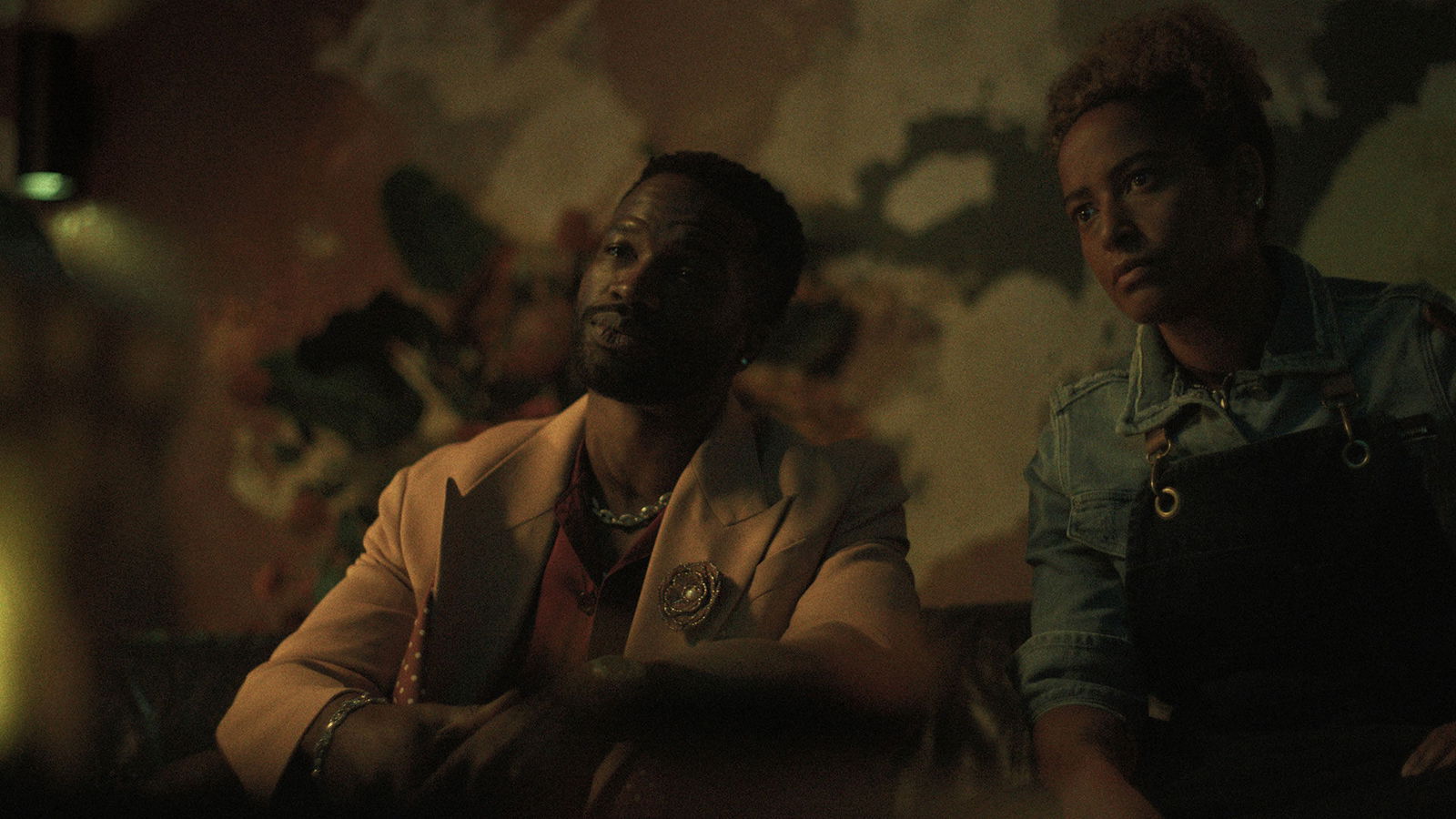
Thankfully, Black Rabbit finds its footing in the final act. These episodes deliver genuine suspense and emotional payoffs that justify the slower buildup and make the sluggish middle stretch feel more worthwhile. The concluding episodes also feature improved pacing and more daylight shooting, showcasing how engaging the series can be while providing a resolution to the central conflicts that, at the very least, feels earned. The finale balances the various storylines involving debt, betrayal and family loyalty while avoiding the contrived sentimentality that plagues many dramas of this type.
I may sound like I did not enjoy Black Rabbit, but that could not be further from the truth. The reason the flaws stood out so much is that the core of the show is so strong. If it lacked potential, the shortcomings would not matter, but even with these criticisms, the series succeeds as a character study of two deeply flawed men whose love for each other becomes both their salvation and their downfall. While it may not achieve the lasting impact of Ozark, Black Rabbit offers enough compelling moments and genuine emotion to warrant attention from viewers seeking adult-oriented crime drama with psychological depth.
